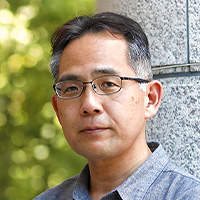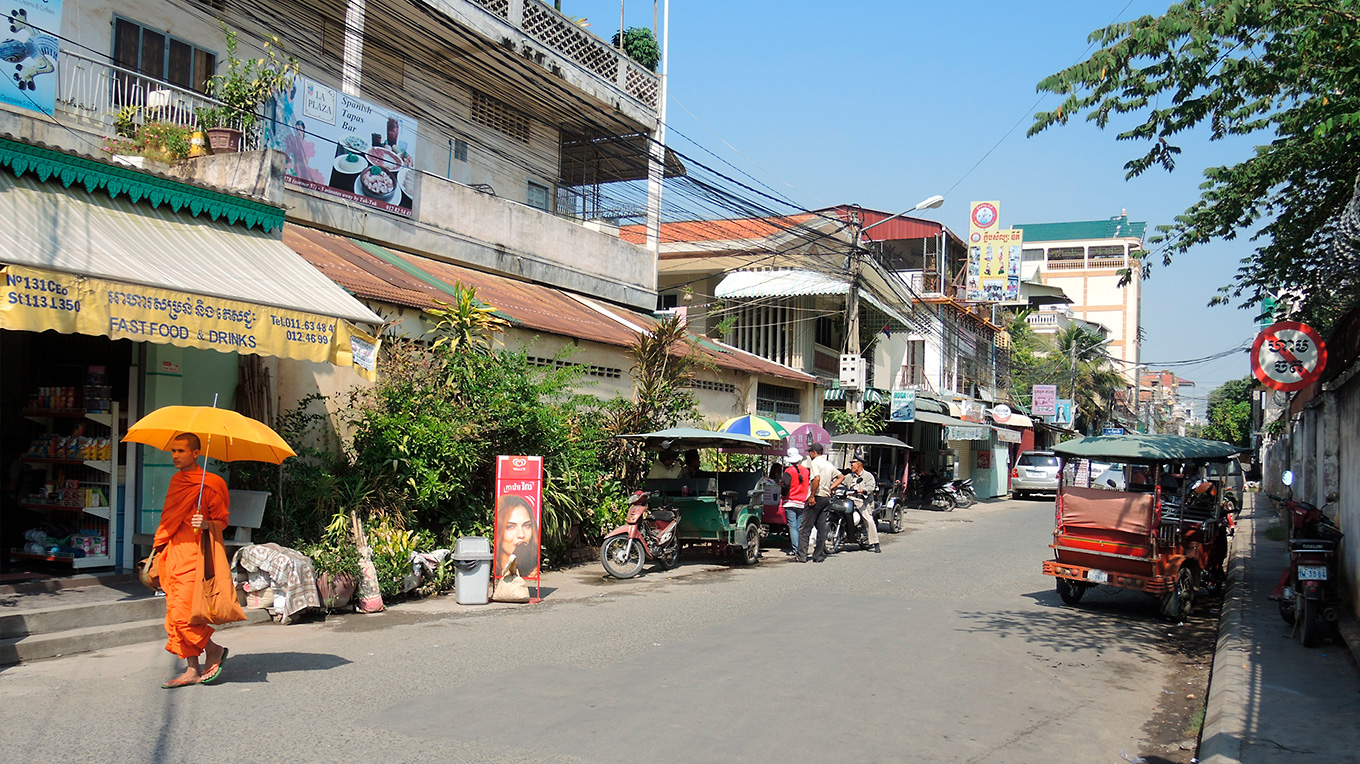Developing Countries and
International Cooperation
What Is the Sustainable International Cooperation
Required in the Global Era?

SHIMADA HaruyukiProfessor, College of International Relations
Changing Development Assistance
and International Cooperation,
and New Challenges
What kind of international cooperation is required in developing countries?
ShimadaJapan has a history of providing a variety of assistance to developing countries. ODA has been provided to Southeast Asian countries for more than 60 years.
The methods and approaches of development and aid vary depending on the times and the economic and social conditions of each country. Japan provides humanitarian assistance for natural disasters and conflicts, infrastructure development such as the construction of roads, railways, and ports, assistance for the education and health sectors, as well as personnel assistance in the form of the dispatch of the Japan Overseas Cooperation Volunteers (currently JICA Overseas Cooperation Volunteers), and the acceptance of trainees and students into Japan. In the past, support for Southeast Asian countries was mainly grant aid and technical cooperation such as the dispatch of engineers.
Southeast Asia has achieved remarkable economic development in recent years. The streets of Jakarta, the capital of Indonesia, and Bangkok, Thailand are now almost the same as those of Tokyo and Osaka. Along with these changes, the methods of development and aid have also changed. In recent years, in place of grant aid, there has been an increase in loan aid in which large-scale loans that require future repayment are used to support projects and stimulate economic growth.
At the same time, however, new challenges have emerged. One example is the widening economic and income gap between countries in Southeast Asia and between urban and rural areas in the same country. While Indonesia, Thailand, and Malaysia have achieved significant economic growth, there are still developing countries such as Laos, Myanmar, and Cambodia. Also, once you leave developed cities, there are often areas left with inadequate infrastructure. In order to resolve these issues, assistance is required that takes the actual conditions of each country into deep consideration and promotes economic and social changes through institutional and policy support. International relations perspectives are indispensable to achieve this.
At the College of International Relations, students think from the perspective of economic and social development and acquire the knowledge necessary to implement effective economic and social development and international cooperation that meets the needs of the times and countries. In my seminar, we give importance to seeing and learning about local areas, and we conduct field trip survey. In 2018, in the Laotian capital of Vientiane, participants observed the operation of a city bus donated by the Kyoto City as part of international cooperation, as well as a JICA cooperation project being implemented there.
A city bus donated by Kyoto City runs through the Laotian capital of Vientiane.

Differences in Approaches
to Aid between Japan and the West
Could you tell us about reconstruction assistance for Afghanistan?
ShimadaAfghanistan, which has a history different from that of Southeast Asian countries, required different assistance.
The prolonged civil war in Afghanistan from the late 1970s devastated the country’s economic and social infrastructure, and many people fled the country as refugees. The Taliban continued to rule the country from the 1990s, but in 2001, the Taliban regime collapsed. A road map for reconstruction was presented with the establishment of a new government, and the reconstruction of the country was carried out with the support of the international community. Japan, the United States, European countries, the United Nations and others participated in the reconstruction assistance. In addition to basic infrastructure development such as electric power, transportation, and water supply and sewerage, it was necessary to not only provide financial assistance, but before that to support the development of a new nation, including the formulation of a constitution and stabilization of public order. Japan took the initiative in participating in the assistance and played a major role in the reconstruction.
At that time, I was in charge of reconstruction assistance for Afghanistan as a member of JICA. Various members sat around the conference table, including those in charge of diplomacy, economy, and security from international organizations and the United States and Europe, who discussed a wide variety of fields from politics to economy, security, and military affairs. I was keenly aware of the different approaches Western countries and Japan take to aid. For example, different countries have different views on security and the use of force. In order for international aid to succeed, it is essential to have the ability to understand and cooperate with the values and ideas of these various countries, and indeed to be well grounded in the field of international relations.

Various Actors Tackle the SDGs Using
Their Own Approaches
- What Capabilities Are Needed to Achieve Targets?
Going forward, what kind of international cooperation will be required in developing countries?
ShimadaThere are still many countries and regions in the world that face various challenges such as poverty and conflict, and need the support of the international community. However, many developed nations, including the United States, Europe countries, and Japan, have adopted inward-looking economic and diplomatic policies, such as restrictions on refugees, immigrants, and free trade, and there is a growing tendency to be passive about international cooperation.
Against this backdrop, the Sustainable Development Goals (SDGs) adopted by the United Nations have recently been attracting attention worldwide. Seventeen goals have been set under the SDGs, including “No Poverty,” “Zero Hunger,” and “Gender Equality” to solve global problems and realize a sustainable world.

Japan is also making a concerted effort to achieve these goals. What is distinct about Japan’s approach is that not only the national and local governments, but also civil society, including private companies and NGOs, are engaged in SDGs initiatives. In the current age when there are limits to sustainable international cooperation by national governments, it is important to continue international cooperation through a variety of actors and forms of assistance.
The international community must work together to promote the development of developing countries and international cooperation. It is necessary to have the ability to understand not only recipient countries but also the global situation and the values of various countries and people, and to build relationships with various countries.
For Those Interested in Developing Countries and International Cooperation: BOOKS
前野ウルド浩太郎 著
バッタを倒しにアフリカへ
光文社新書
黒崎 卓、栗田 匡相 著
ストーリーで学ぶ開発経済学
- 途上国の暮らしを考える
有斐閣
Ian Goldin
Development: A Very Short Introduction
Oxford University Press